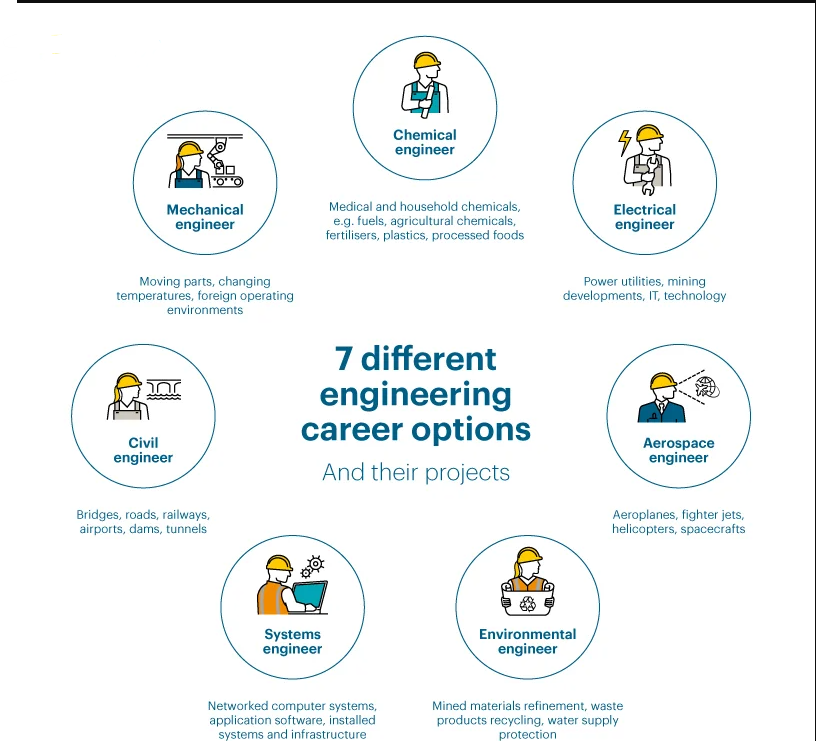Now, let me tell you, this job as a refractory engineer, it’s not what you’d call simple. These folks, they’re the ones in charge of making sure them furnaces and big ovens don’t just melt away when things get mighty hot, which they surely do in factories. Imagine that — making materials tough enough to handle all that heat without falling apart! Now, that’s what these engineers gotta figure out.
What does a refractory engineer do, you might ask? Well, they design and build these things called refractory systems, which are special setups to keep all that heat right where it should be. They’re needed in all kinds of industries — from making steel and glass to running power plants. It’s a big deal because if these systems ain’t done right, you’d have all sorts of problems like dangerous heat escaping, materials breaking down, or even explosions. They can’t just guess, no ma’am! They got to plan it right, follow all the safety rules, and make sure it’s safe and sound, for everyone.


Now, becoming a refractory engineer, that’s no quick thing. They got to study real hard, learn all sorts of things about materials and heat and how different stuff reacts under pressure. Most of them go to college for engineering, and some even study more to get real good at materials science — that’s the field they call it. They learn all kinds of math and science so they can figure out how to build things that’ll last, even when they’re put under extreme heat.
Then there’s the experience they need. You don’t just walk into one of these jobs, no sir! Many start working in places like glass factories, steel mills, or other places with big furnaces, just to get a handle on how it all works. It’s not the kind of job where you sit at a desk all day either; they get their hands dirty, check things on the factory floor, and work with other folks to make sure it’s all running smooth and safe.
Now, let’s talk about what skills they need. These engineers gotta be sharp thinkers, that’s for sure. They’re problem-solvers who can look at a situation and figure out what’s wrong and how to fix it. They also need to be real organized, since they’re keeping track of big projects and making sure every detail is just right. A good refractory engineer has to understand how to make materials strong and heat-resistant, and they’ve got to know all them safety codes too. Nobody wants a furnace that’ll blow its top because something was overlooked!
And you know, there’s good money in it too, especially as they move up. Entry-level jobs might pay a bit less, but if they stick with it, gain more experience, and maybe work in places like the United Kingdom or the United States, they can make a nice living. Some engineers even start their own consulting business, helping big companies design these refractory systems right from scratch.
So if someone wants to be a refractory engineer, there’s a few things they gotta keep in mind:
- Get the right education: Most start with a bachelor’s degree in engineering, especially mechanical or materials engineering.
- Gain experience: Working in industries with furnaces or high-heat operations helps a lot. They get to see how things work and what might go wrong.
- Develop key skills: Problem-solving, attention to detail, and a good understanding of materials science are all must-haves.
- Follow the safety codes: This work is high-stakes, and mistakes can be dangerous, so knowing the codes is crucial.
Becoming a refractory engineer, it ain’t the easiest path, but for those who want to work with their hands, solve tough problems, and don’t mind the heat, it sure can be rewarding. So next time you see a big factory or power plant, just think about those engineers making sure everything’s safe and sound in there. That’s the work of a refractory engineer!


Tags:[refractory engineer, refractory systems, materials science, high-heat operations, safety codes]


